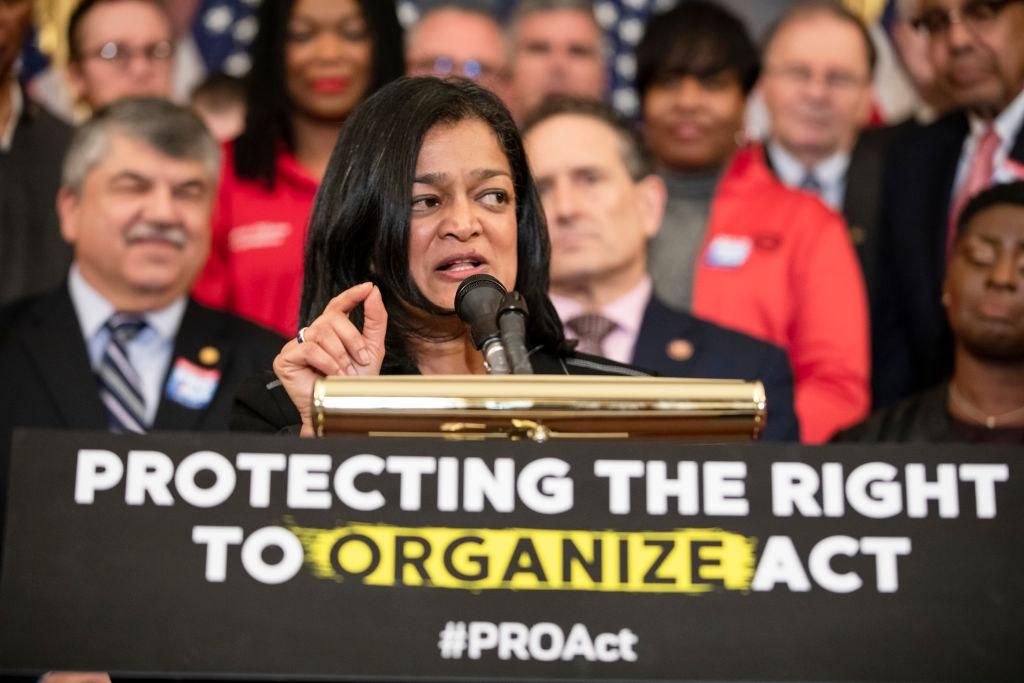
Political theorists often argue that a prerequisite for a democratic society is the existence of a demos: a constituency with a sense of shared identity and interests in common. The construction of such a consciousness, they argue, typically occurs through participation in civic organizations such as churches, community groups, and unions. It is through these forms of civic engagement that a genuine “will of the people” is constructed. In fact, as Alexis de Tocqueville noted in his famed “Democracy in America,” the perseverance of democracy in the United States was due in part to the unprecedented degree of civic engagement by ordinary citizens. “Americans of all ages, all stations in life, and all types of dispositions are forever forming associations,” he stated in an often-quoted passage. Unfortunately, Robert D. Putnam documented in the bestselling “Bowling Alone,” participation in civic organizations has been declining steadily in the U.S. for decades.
Like so many other organizations, unions have also been experiencing a decline in membership, to the point where just 11% of workers belong to unions compared to 35% in the 1950s. The decline in union membership has been cited as one of the key contributors to rising income inequality since the 1980s. Less often considered is the impact it has had on democracy. Unions, the late sociologist Erik Olin Wright argued, play a particularly important role in democratic societies by providing a site for the creation of “organic solidarities” that are embedded in one vitally important sphere of most people’s lives—the workplace. Unions not only help build shared interests and capacities for participation in electoral politics, but they also bring varying degrees of democracy into the otherwise authoritarian sphere of employment. In fact, two early proponents of industrial democracy, Sidney and Beatrice Webb, argued that workers should have a legitimate voice in decision-making in the world of work, typically through trade unions—a notion that has since become widely accepted in most advanced capitalist democracies.
Unlike many other civic organizations, the decline of unions cannot be attributed to a lack of interest by would-be participants. On the contrary, Gallup polls have shown public support for unions to be at its highest point since 1965 and a recent study by MIT researchers found that more than half of non-union workers would like to have a union in their workplace. If so many workers would like to have a union, why do we have such a low rate of unionization? The causes for union decline have been studied at great length and some of the major explanations include globalization, deindustrialization, shifts in the labor market away from traditionally unionized occupations, misclassification of workers as managers or independent contractors, and of course increased employer hostility toward new unionization efforts, as we saw most recently at the Amazon facility in Bessemer, Alabama.
In a recent study I conducted with Michael Wallace from the University of Connecticut and Allen Hyde from Georgia Tech, we explored the role that labor laws play in shaping unionization rates. In particular, we explored the differences between federal and state labor laws which respectively set the rules for private and public sector unionization. We wanted to know why only 6% of private sector workers are unionized, compared to 34% of workers in the public sector. We also explored the great degree of variation in public sector unionization across the 50 states. We found that in states with stronger labor protections, the percent of workers who had a union looked more like the percent who have said they would like to have a union, whereas states with restrictive laws such as Right to Work and other laws which benefit anti-union employers had much lower unionization rates. The PRO Act, which is currently sitting in the U.S. Senate, would go a long way toward adjusting federal labor law and creating a playing field where workers who want a union can actually have one.
So, why does any of this matter? It’s all about democracy. It should be no secret by now that some of the first things authoritarian regimes do when coming to power is they seek to undermine independent labor unions and to eliminate the free press. International evidence indicates that societies with stronger unions also demonstrate greater degrees of equality and inclusion, and stronger democratic participation. As an important vehicle for collective identity and shared interest formation as well as increased democratic practice in the daily lives of citizens, unionization plays a vitally important role in advancing both economic and political democracy. In other words, increasing the rights and protections for workers to form and join unions is good for democracy and good for America. That’s why the PRO Act is so important on this Labor Day.
Democracy is Dying. Unions Can Help Save It.
Source: Articles Viral Post
0 Comments